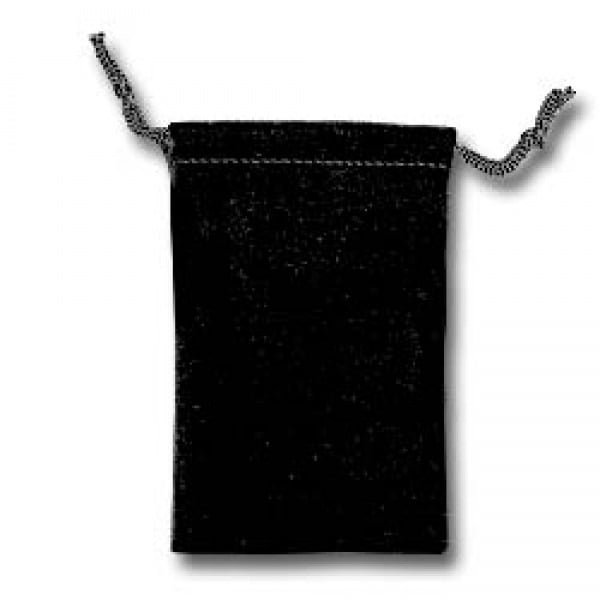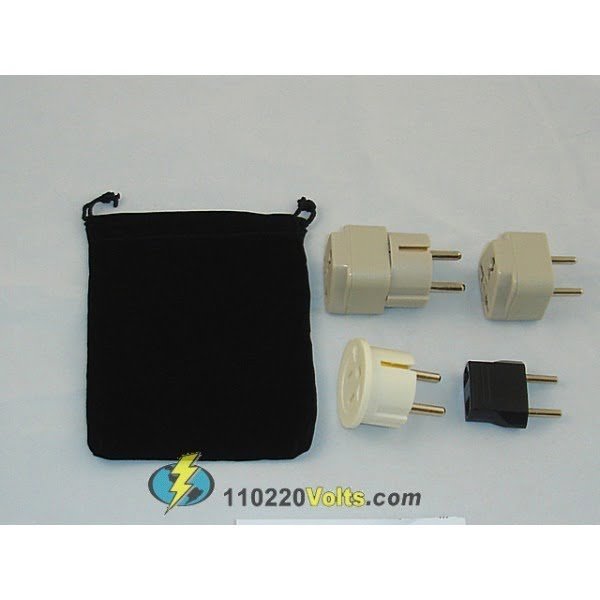Fiji Power Plug Adapters Kit with Travel Carrying Pouch – FJ
- Fiji Plug Adapters Kit with Travel Carrying Pouch Includes:
- One Wonpro Grounded plug adapter for Fiji
- One Wonpro Non-Grounded plug adapter for Fiji
- One Basic Grounded plug adapter for Fiji (other outlet configuration if needed)
- One Basic Non-Grounded plug adapter for Fiji (other outlet configuration if needed)
- One Black Travel Velvet Carrying Pouch
$10.71 – $11.90Price range: $10.71 through $11.90
Quantity Discounts
Fiji Plug Adapters Kit with Travel Carrying Pouch Includes:
One Wonpro Grounded plug adapter for Fiji
One Wonpro Non-Grounded plug adapter for Fiji
One Basic Grounded plug adapter for Fiji (other outlet configuration if needed)
One Basic Non-Grounded plug adapter for Fiji (other outlet configuration if needed)
One Black Travel Velvet Carrying Pouch with Drawstring closure Large 4 wide x 5 inches
| Weight | 0.4000 lbs |
|---|---|
| Dimensions | 3 × 7 × 2 in |
| Color Travel Pouch | BLACK (If Available) |
information
- Outlet Plug: Fiji uses
Type I
Voltage and Video
Fiji Voltage and Video Systems
Fiji Voltage and Frequency
Electricity in Fiji is 240 Volts, alternating at 50 Hz (cycles per second)
If you travel to Fiji with a device that does not accept 240 Volts at 50 Hertz, you will need a voltage converter
Fiji Video System
Fiji has M/NTSC video system
History
- Fiji History
- Fiji became independent in 1970, after nearly a century as a British colony. Democratic rule was interrupted by two military coups in 1987, caused by concern over a government perceived as dominated by the Indian community (descendants of contract laborers brought to the islands by the British in the 19th century). The coups and a 1990 constitution that cemented native Melanesian control of Fiji, led to heavy Indian emigration; the population loss resulted in economic difficulties, but ensured that Melanesians became the majority. A new constitution enacted in 1997 was more equitable. Free and peaceful elections in 1999 resulted in a government led by an Indo-Fijian, but a civilian-led coup in May 2000 ushered in a prolonged period of political turmoil. Parliamentary elections held in August 2001 provided Fiji with a democratically elected government led by Prime Minister Laisenia QARASE. Re-elected in May 2006, QARASE was ousted in a December 2006 military coup led by Commodore Voreqe BAINIMARAMA, who initially appointed himself acting president. In January 2007, BAINIMARAMA was appointed interim prime minister.

























Reviews
There are no reviews yet.